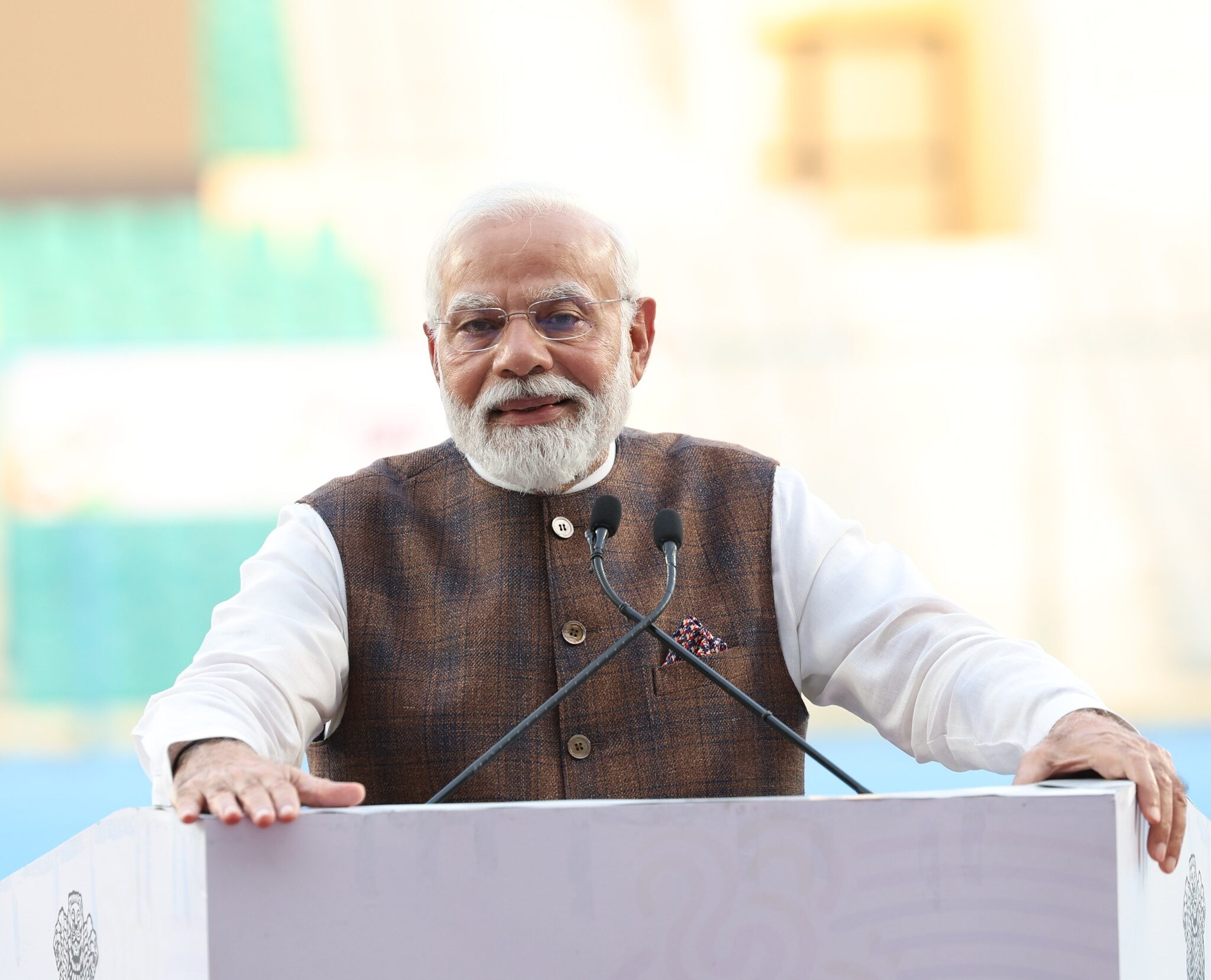The BGA India Team, led by Managing Director Ratan Shrivastava, wrote an update to clients on major developments concerning India’s semiconductor industry.
Context
- India’s Union Cabinet recently approved three proposals to invest in the domestic development of semiconductor units, including India’s first commercial semiconductor fab. The cumulative cost of these proposals is $15.2 billion, of which $4.8 billion will come from government subsidies under the India Semiconductor Mission scheme. The units are expected to create 26,000 advanced technology jobs and more than 100,000 indirect jobs.
- The three units, all of which are expected to begin construction in the next 100 days,includethe Tata and Taiwan Powerchip Semiconductor Fab unit in Dholera, Gujarat, a semiconductor assembly, testing, marking and packaging (ATMP) unit in Assam, and a semiconductor ATMP unit for specialized chips in Gujarat.
Significance
- The announcement, particularly on the commercial foundry and fab unit, is a breakthrough for the government’s semiconductor initiatives and Make in India policies, which are pitching India as an emerging chipmaking destination. The investments will also help protect New Delhi’s strategic interests as tech sector competition ramps up in the Indo-Pacific. Although India has advanced capabilities in chip design, the absence of chip fabrication capabilities had been a pressure point.
- The government aims to leverage India’s unique strengths, including its vast talent pool, developing research and development capabilities, budding startup ecosystem, pro-investment reforms and cost-effectiveness, to gain a competitive edge in the semiconductors space. In the coming term, government’s whole-of-ecosystem reform approach to the semiconductor value chain will likely provide additional impetus across the
Implications
- BGA recommends that interested market players evaluate relevant policies to engage India’s public and private sector and leverage emerging opportunities as investment commitments made by multinational majors across chipmaking, design, materials engineering and contract manufacturing take shape.
- The developments have immense potential to attract further global investments in India’s semiconductor space, along with associated upstream and downstream value chains, particularly at a time when the government in its upcoming term is expected to initiate more pro-investment reforms in this sector.
We will continue to keep you updated on developments in India as they occur. If you have any comments or questions, please contact BGA India Managing Director Ratan Shrivastava at india@bowergroupasia.com.
Best regards,
BGA India Team

























